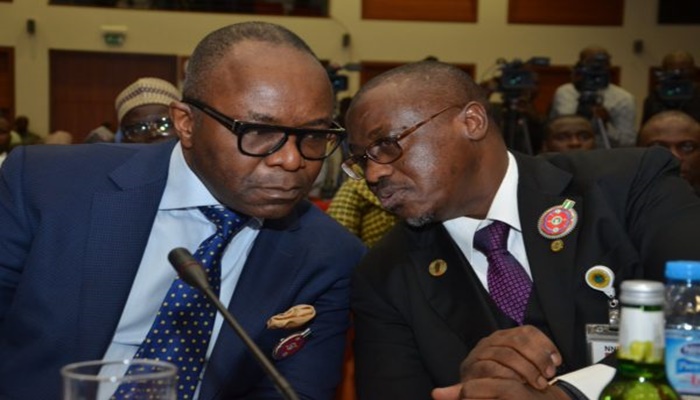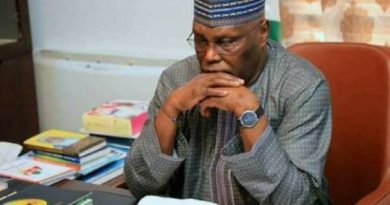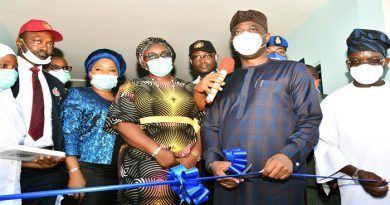No clear policies in award of oil, gas licenses — NNRC
The Nigerian Natural Resource Charter (NNRC) has disclosed that there are currently no clear policies in the award of oil and gas licenses in the Nigerian petroleum industry, stating that the decisions to award or deny licenses are determined by the prevailing socio-political environment.
NNRC, in its 2017 Benchmarking Exercise Report, presented in Abuja, stated that bidders are only required to meet certain criteria before they progress to different stages of the licensing rounds, showing elements of pre-qualification.
The report noted that though there is a commitment by the Federal Government to conducting open, transparent and competitive bidding for licenses, the minister of petroleum resources possesses and still uses discretion.
It said, “Licensing processes are delayed and oversight institutions are relatively weak and ineffective. There are frameworks for monitoring of operations but these are not effective.”
The report also lamented that the fiscal framework for the oil and gas sector remained complex and limits government ability to collect all the revenue due to her.
According to the report, the fiscal terms is contained in legislations but several are negotiated separately into contracts with incentives that is a deviation from the overriding legislations.
It said, “The fiscal regime is not simple. It is characterized by self-assessment, upfront declaration, varied tax rates depending on the status of the company, depth of operations and terms that are not uniform. The tax administrators have capacity but are limited in number and not well resourced considering the complexity of the fiscal regime and the need to carry out tax audit after tax return filings.
“Oversight of the fiscal regime is not strong. The administration is routine and oversight by any external body is conducted only where an infraction is highlighted and huge revenue loss is reported.
“The country has exited the JVAs due to the funding challenge making the payment of cash calls difficult. The stalemate relating to the 1993 MOUs still persists and government is not able to collect taxes commensurate to the increase in and in the MOU having exceeded the 15-year mark.”
Commenting on the report, member of the Expert Advisory Panel of the NNRC, Mrs. Ronke Onadeko noted that report discovered some worrying trends which policy makers and government should take seriously to avoid sabotaging ongoing efforts to reform the petroleum industry.
She lamented the fact that the fiscal regime is not strong enough to attract investors as compared with other African countries, especially in the area of deep sea exploration.
According to her, the fiscal regime in the sector is not flexible enough to respond to dynamic levels of production and profitability.
“The findings equally highlighted the fact that the level of inter-agency coordination in the oil and gas sector was poor and this had limited the full realisation of government policies and plans. As a result, the strategic measures to enhance the oil and gas sector’s operational effectiveness are not well coordinated,” Onadeko noted.
Also speaking, Programme Coordinator, NNRC, Ms.Tengi George-Ikoli, said the Charter is part of a global initiative designed to help governments and societies to effectively harness the opportunities created by natural resources.
She explained that the NNRC proposes a tool that analyses the resource governance decision chain, from the discovery of natural assets through to their conversion into sustainably developed economy.
Credit: Vanguard.




